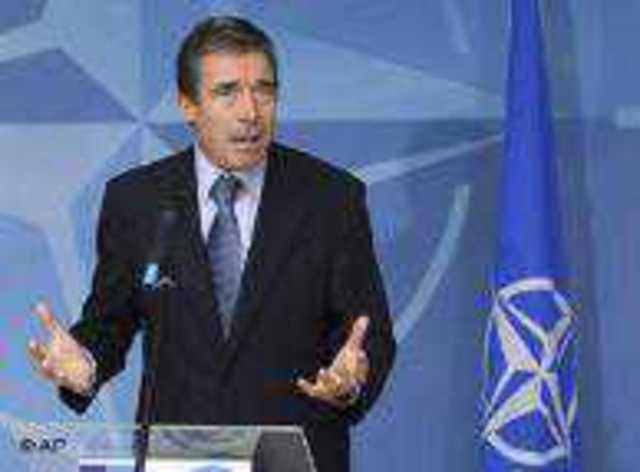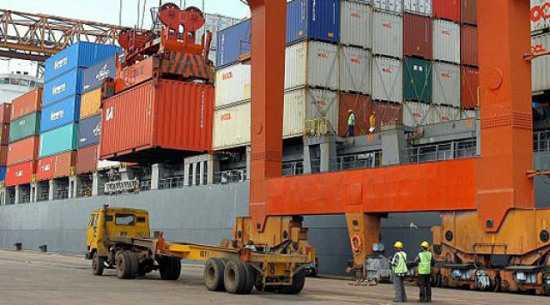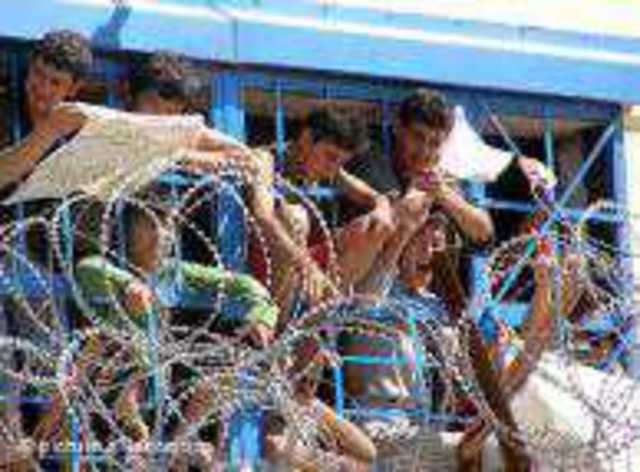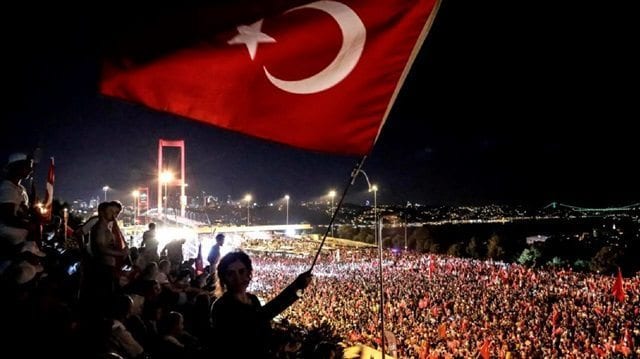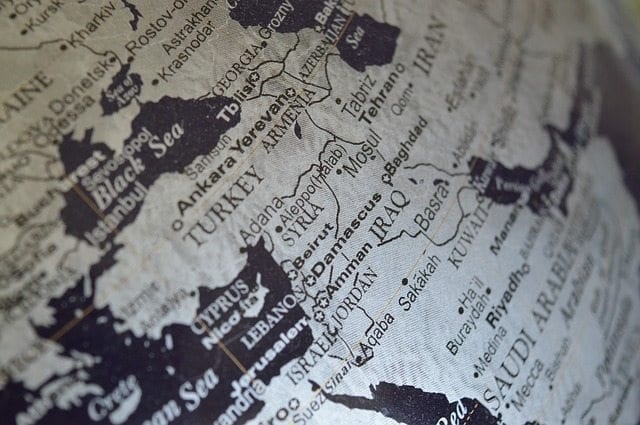Apr 1, 2019 | 21:24 GMT

(YASIN AKGUL/AFP/Getty Images)
Stratfor’s geopolitical guidance provides insight on what we’re watching out for in the week
Turkey’s government and political institutions are heavily controlled by Turkey’s powerful ruling party, the Justice and Development Party of President Recep Tayyip Erdogan. In March 31 local elections, the largest opposition party challenged some of that dominance in Turkey’s largest cities when it won mayoral races in Ankara, Izmir and Istanbul, according to preliminary data. The close races in Turkey’s biggest cities show that Turkish voters worried by the country’s unstable economic conditions are divided over whether the ruling party or the opposition can best help Turkey emerge from a nascent recession. To maintain its dominance over the next several years before the next elections, the ruling party will have to adjust its messaging and reassess its alliances.
What Happened
Turkish President Recep Tayyip Erdogan won yet another election on March 31, but few victories have been as pyrrhic as this. Twelve parties competed for thousands of local government posts at the municipal and provincial level. According to preliminary results (official results might not be available for many weeks) the Justice and Development Party (AKP), an Islamist and populist party that has governed Turkey since 2002, gained 44.3 percent of the votes in mayoral contests, ahead of the main opposition Republican People’s Party (CHP), a secularist party, with 30.1 percent. Trailing behind was the AKP’s right-wing ally, the National Movement Party (MHP) at 7.31 percent; the CHP’s nationalist ally, the Good Party, at 7.45 percent; as well as the pro-Kurdish Peoples’ Democratic Party (HDP) at 4.24 percent. The AKP also won 41.61 percent of the overall vote for the provincial assemblies across the country, far ahead of the MHP, which garnered 18 percent.
Crucially, however, the AKP lost the capital, Ankara, and appears to have come second in the country’s largest city, Istanbul. Indeed, the AKP’s candidate in Istanbul, former Prime Minister Binali Yildirim, said early April 1 that his CHP challenger, Ekrem Imamoglu, received 25,000 more votes than he did but that election clerks declared 216,000 votes invalid. As a result, both parties are calling for a recount.
Why It Matters
The results are mixed for the government. The AKP has won an overall victory in terms of votes, especially the provincial assembly vote. But in the mayoral races in several key cities, including Ankara and Istanbul, as well as the CHP stronghold of Izmir, the main opposition beat the AKP, according to the Supreme Election Board. If the results in Ankara and Istanbul are confirmed, it would deal a highly symbolic blow to the AKP. The party (or one of its predecessors) has ruled each since 1994. Moreover, Erdogan launched his political career as mayor of Istanbul in the mid-1990s, while Ankara has long been a bastion of AKP support.
Losing the popular vote in Turkey’s major cities highlights the AKP’s tough balancing act: It needs to court popular support at a time when the fragile economy demands that the AKP do the exact opposite by implementing structural reforms.
What We’re Looking for Next
How will the government deal with citizens’ economic stress? The shift in Turkey’s urban centers, the first in a quarter century, stemmed in part from the deep economic strain which many Turkish citizens are feeling — and which more and more are blaming on the government. On the day after the election, Erdogan promised to enact better economic policies, while his son-in-law and finance minister, Berat Albayrak, promised to double down on the government’s economic rebalancing program, which envisions a reduction in fiscal spending on government programs. But losing the popular vote in Turkey’s major cities highlights the AKP’s tough balancing act: It needs to court popular support, which it has typically done through economic stimulus, at a time when the fragile economy demands that the AKP do the exact opposite by implementing structural reforms, including austerity measures.
What does this say about Turkey’s demographics? This is the first local election in five years, and Turkey’s population is younger than ever. Young citizens might have tuned out the AKP and its populist and Islamist values in favor of the CHP, which is stronger in urban secular areas. This is one reason why the AKP will have to reassess its platform. Whatever the case, the close margins highlight Turkey’s intense polarization over social and economic issues, which suggests that authorities will encounter more difficulties making policy and implementing reforms in the years to come.
What does this mean for the AKP’s alliance strategy? The AKP will also reassess its alliance strategy, in which the party has recently relied on working closely with nationalist allies like the MHP. That alliance might have worked against the AKP by splitting some of the votes it could have garnered. The AKP will recalibrate its platform and message after these races, even though there are still four years to go until more important general and presidential races.
What does this say about the opposition? Turkey’s typically fragmented opposition finally figured out a way to work together and support a single candidate in many key races. The HDP, for example, did not field candidates in Turkey’s five largest cities, and encouraged its followers in those cities to vote for the CHP candidate, thereby tipping the balance. Mansur Yavas of the CHP won the Ankara mayoral race by uniting a combination of nationalists, leftists, secularists and conservatives on a platform to restore Ankara’s prestige and improve the city’s overall conditions. Yavas’ victory in Ankara sets him up to be a prominent future opposition figure in the often unwieldy CHP. Meanwhile, Imamoglu is a young (he was born in 1970) businessman who was formerly the mayor of the western Istanbul district of Beylikduzu. If he survives the coming recount, Imamoglu will have the chance to use Istanbul — which, at more than 15 million people, is almost as large as neighboring Greece and Bulgaria combined — to build a national platform and become a potentially major player in the CHP and the opposition in general.
Turkey’s typically fragmented opposition finally figured out a way to work together and support a single candidate in many key races.
What does this say about the government’s relationship with Turkey’s Kurds? In addition to acting as kingmaker in major races in western Turkey, the HDP also won most of its key races in the Kurdish-dominated southeast, particularly Diyarbakir. In the latter, the party scored more than double the figure of its main rival, an AKP candidate who had been running the city for more than two years as a government-appointed trustee after authorities removed the erstwhile HDP co-mayors for alleged ties to terrorists. The HDP’s success in the southeast and strategic support for the CHP in the west highlight how the AKP has lost some of its ability to court Kurds, who make up roughly 20 percent of Turkey’s population. This was the first local election in five years, during which time the AKP moved more aggressively against Kurdish politicians in an attempt to damage their appeal to the Kurdish voter base. Already, Erdogan has extended an olive branch of sorts, referring to Turkey’s “Kurdish brothers” in an indication that he might need to appeal to the oft-maligned community, even as he works to contain Kurdish militants in the southeast and in Iraq and Syria.
What happens next? Both the government and the opposition will continue to trade accusations of election fraud; at present, the Istanbul race will come down to the electoral board’s decision. The opposition doesn’t trust the electoral board, which has frequently sided with the government in past elections. The AKP is well-positioned to challenge the results — as appears likely to happen. The election board has already conceded that the CHP has more votes than the AKP in Istanbul, but each will push for a recount before either one can claim ultimate victory in Turkey’s most important municipal race.
- Copyright ©2019 Stratfor Enterprises, LLC. All rights reserved.



